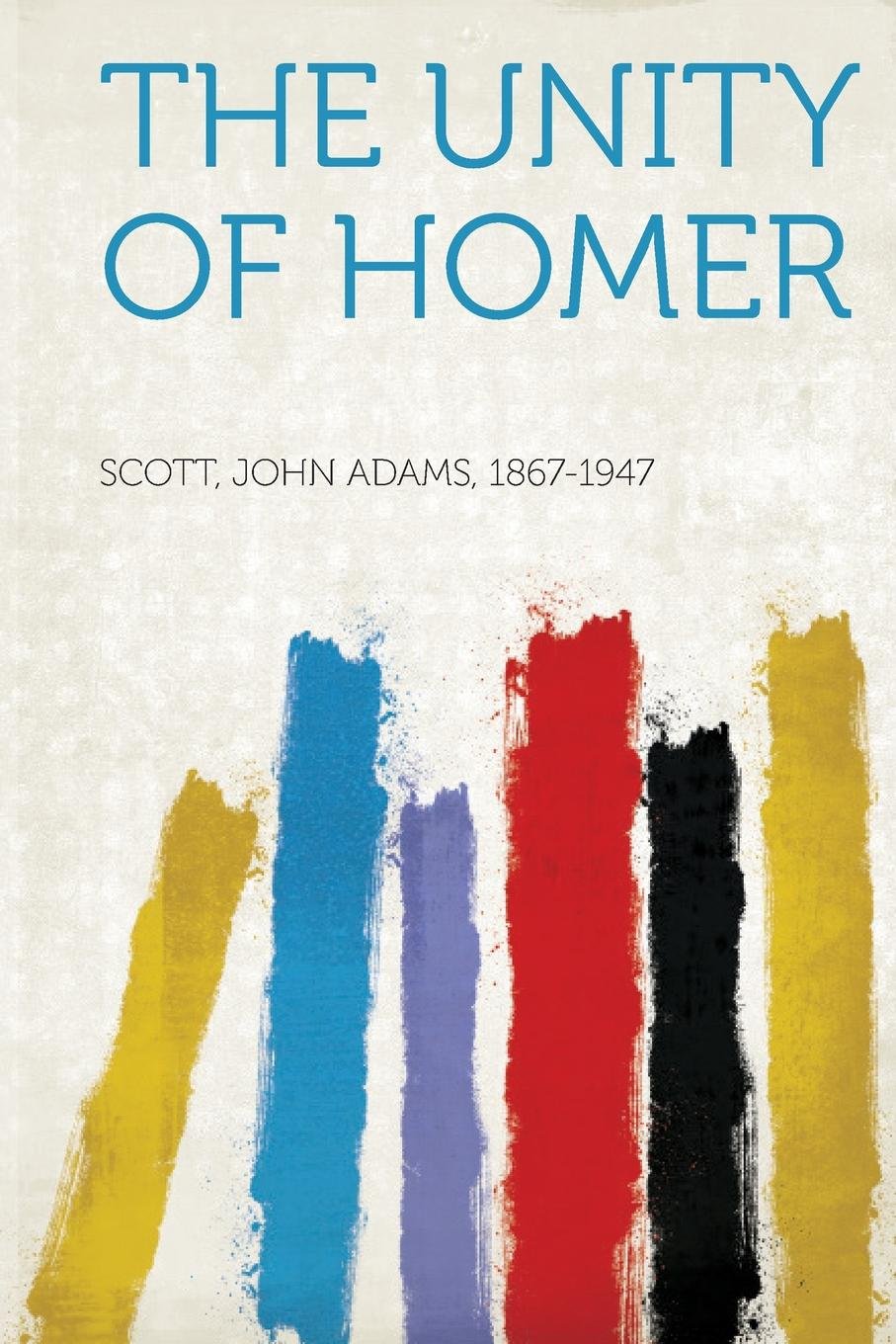What do you think?
Rate this book


296 pages, Paperback
First published March 1, 1921
Bergk found a great contradiction here and wrote:
''Later, when the suitors are slain, Amphinomus does not appear, a proof either of a poetic error or that the description of the death of the suitors has been changed in transmission."
One wonders that when Bergk wrote this sentence he did not have sufficient curiosity to re-read the Homeric account of the slaughter of the suitors. If he had done so, he would have found eight verses wholly given to the description of the death of this very Amphinomus at the hands of Telemachus. These eight verses are in every standard edition of the Odyssey; if Bergk had a copy of the Odyssey, they were in that copy.